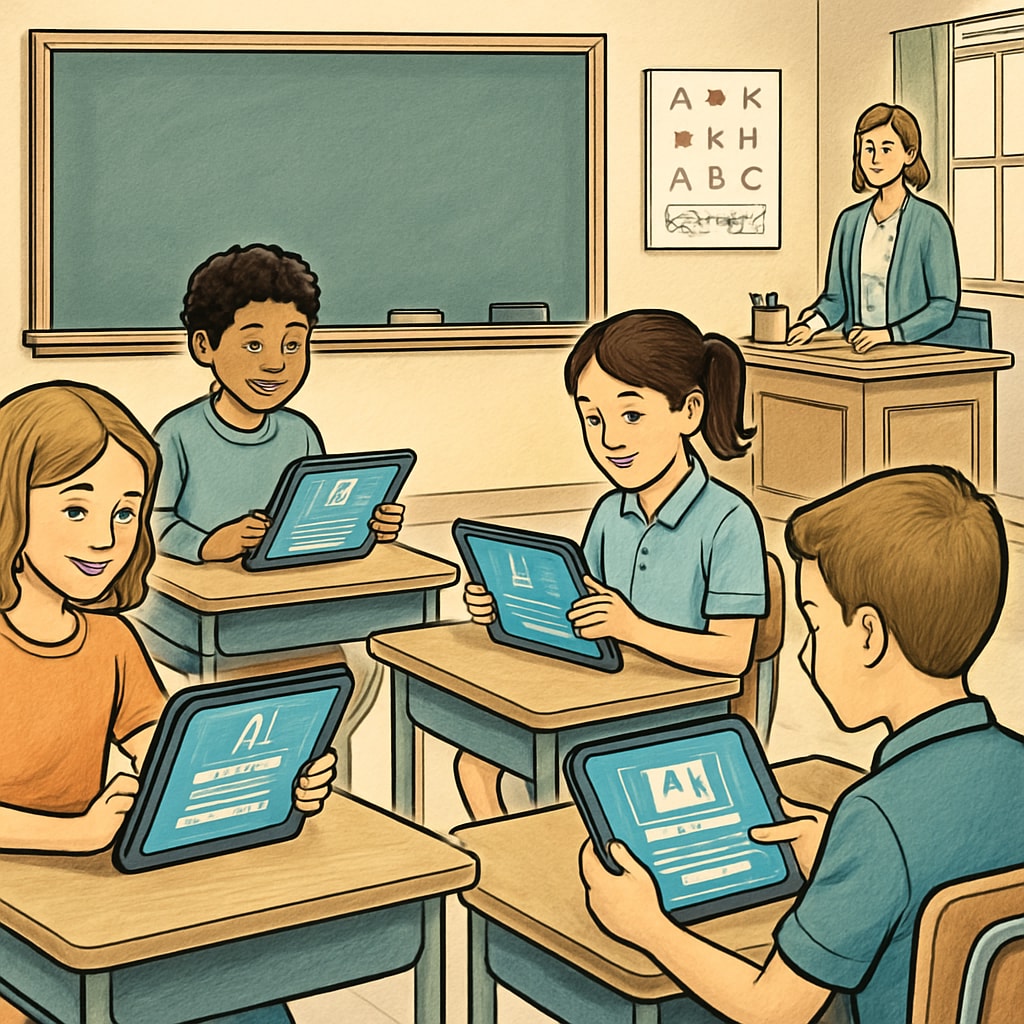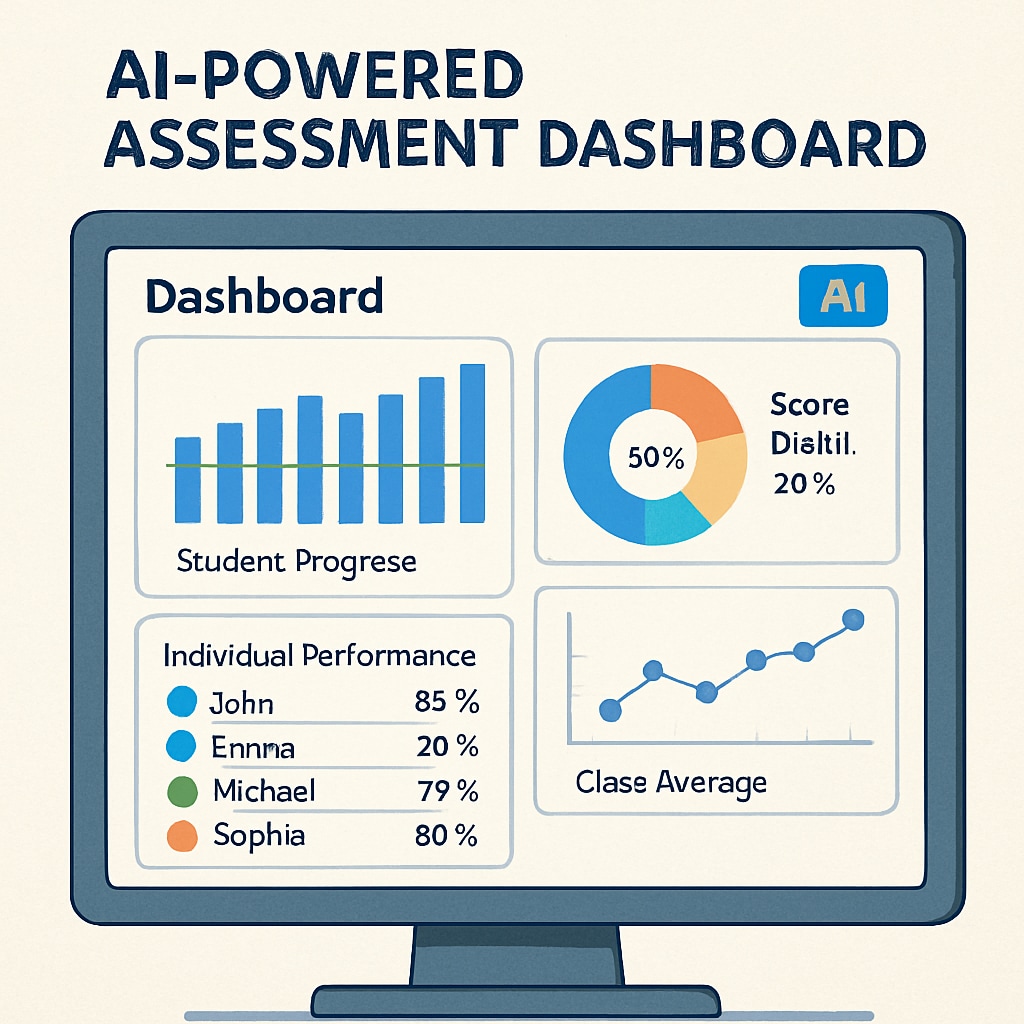Artificial intelligence (AI) is rapidly transforming various sectors, and its impact on school education is poised to be profound. Over the next 5-10 years, AI will reshape how students learn, how teachers teach, and how education is delivered on a global scale. This article delves into five pivotal ways AI is expected to influence the future of school education, including personalized learning, the evolving role of teachers, innovative assessment methods, reimagined learning spaces, and enhanced education equity.
Personalized Learning Powered by AI
One of the most significant impacts of AI on school education will be its ability to enable personalized learning at an unprecedented scale. AI-driven platforms can analyze students’ strengths, weaknesses, and learning styles to tailor educational content and pacing. For example, adaptive learning systems such as Khan Academy already use algorithms to provide customized learning experiences.
With AI, students can receive real-time feedback and support, making it easier to address individual needs and foster deeper engagement. This approach not only enhances understanding but also boosts confidence by allowing students to learn at their own pace.

The Evolving Role of Teachers
As AI takes on routine tasks like grading and administrative work, teachers will have more time to focus on fostering creativity, critical thinking, and emotional intelligence. Rather than being mere knowledge transmitters, educators will transition into mentors and facilitators, guiding students through complex problem-solving and collaborative projects.
For example, AI tools can help teachers identify students who are struggling, enabling them to provide targeted interventions. While AI will never replace the human touch in education, it will augment teachers’ capabilities, allowing them to concentrate on areas that truly require human insight and empathy.
Revolutionizing Assessment Methods
Traditional assessment methods, such as standardized tests, often fail to capture the full spectrum of a student’s abilities. AI has the potential to revolutionize assessments by providing continuous and dynamic evaluations. For instance, AI can analyze students’ performance on interactive tasks, offering a more comprehensive view of their skills and understanding.
Furthermore, AI-powered assessments can reduce biases, ensuring fairer evaluations. Platforms like EdTech Britannica are already exploring how machine learning can create more equitable testing environments.

Redesigning Learning Spaces
AI is also influencing the physical and virtual environments where education takes place. Smart classrooms equipped with AI tools can adjust lighting, temperature, and even lesson plans based on students’ needs. Virtual and augmented reality, powered by AI, will enable immersive learning experiences that were once unimaginable.
For example, a history lesson could transport students to ancient civilizations, or a science class could simulate complex laboratory experiments. These innovations will not only make learning more engaging but also bridge the gap between theoretical knowledge and practical application.
Promoting Education Equity
Finally, AI has the potential to address long-standing issues of inequality in education. By making high-quality resources accessible to students in remote or underprivileged areas, AI can democratize learning opportunities. Platforms offering free or low-cost AI-driven tools can help bridge the gap between wealthy and disadvantaged schools.
However, there are challenges to overcome, such as ensuring access to necessary technology and addressing ethical concerns surrounding data privacy. Policymakers and educators must work together to create frameworks that maximize AI’s benefits while minimizing its risks.
In conclusion, the integration of artificial intelligence into school education represents both an opportunity and a challenge. While AI has the potential to transform personalized learning, teacher roles, assessments, learning spaces, and educational equity, its implementation must be thoughtful and inclusive to ensure a positive future for all students.
Readability guidance: This article uses concise paragraphs, incorporates transition words for flow, and balances technical insights with accessible language. Bullet points and lists have been avoided for a more narrative approach, but sectioning ensures clarity.


